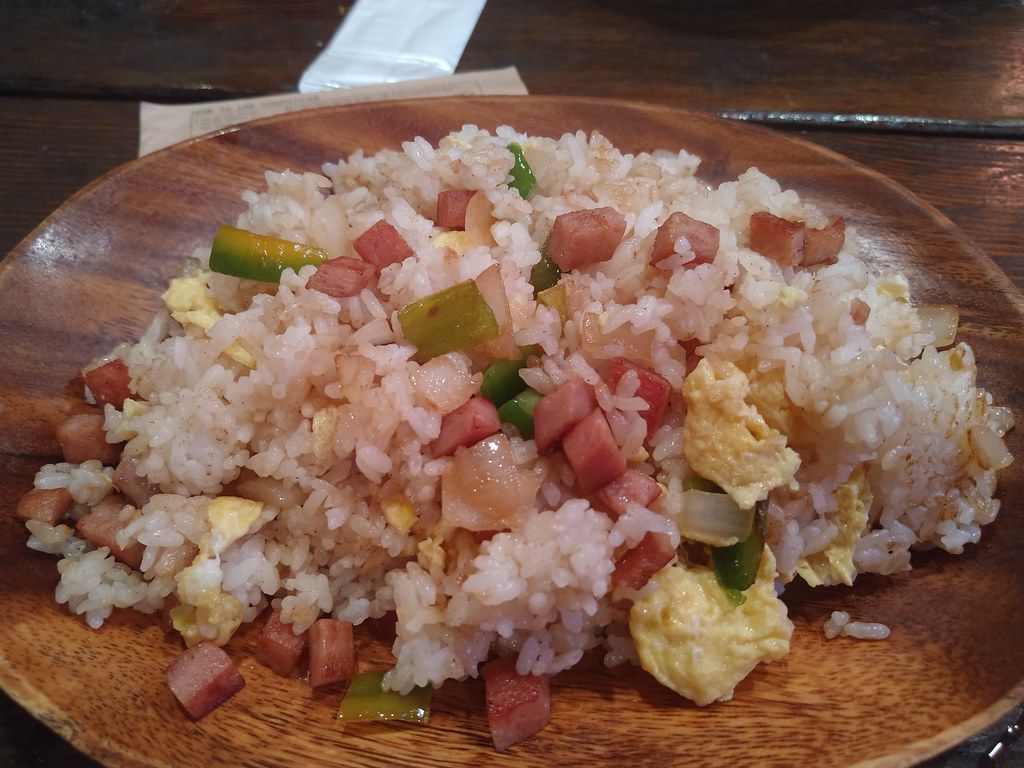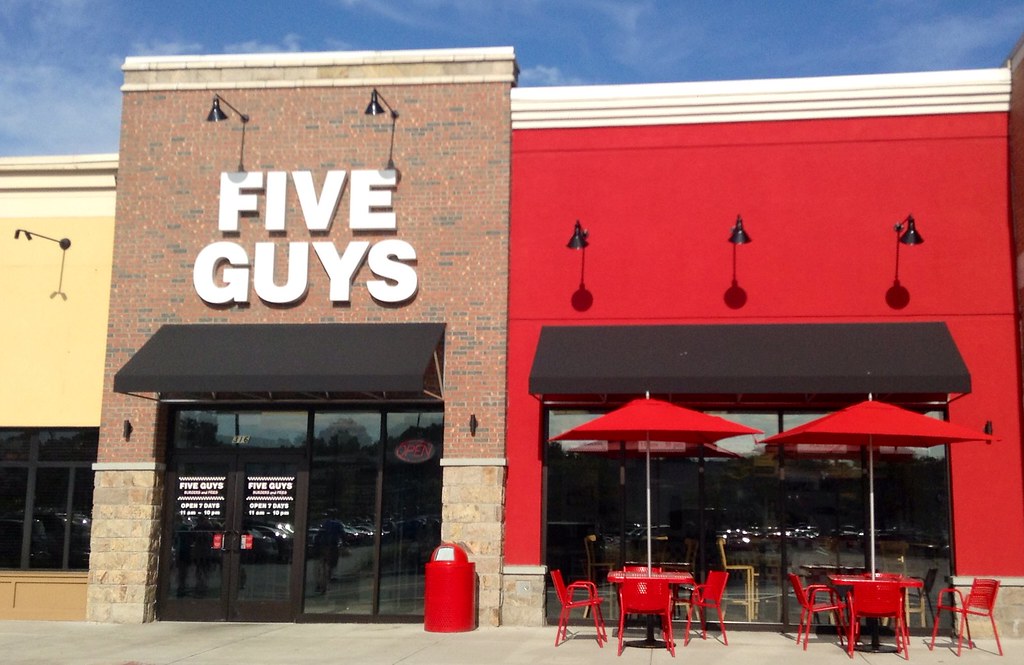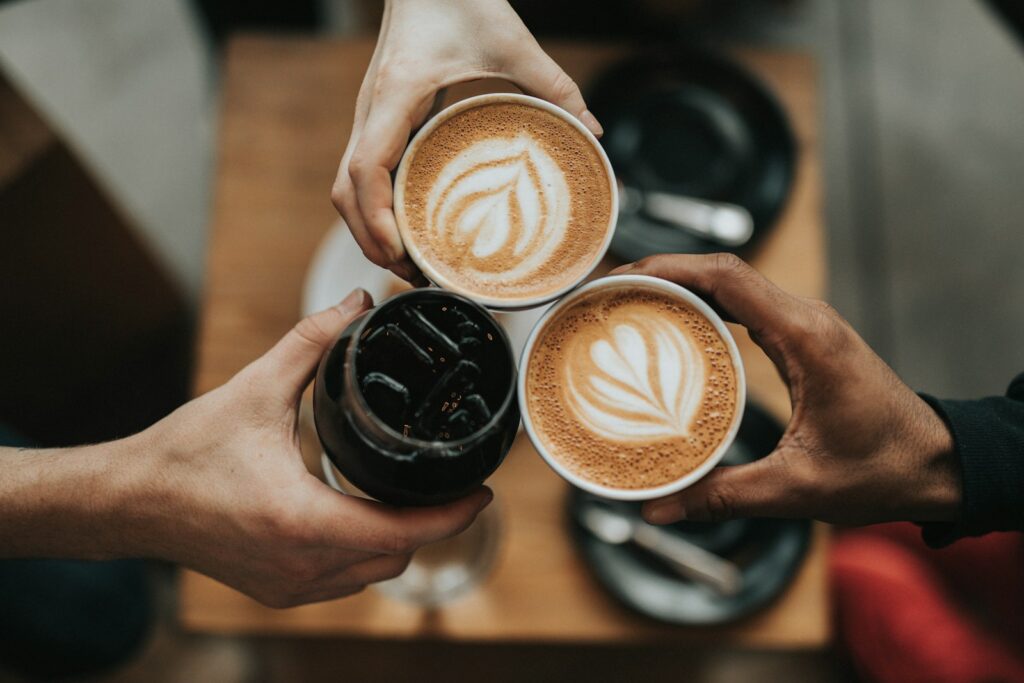
The American coffee market is in the midst of a profound transformation, a vibrant and complex landscape shaped by evolving consumer preferences, economic realities, and a relentless pursuit of both value and elevated experiences. Far from a static commodity, coffee has become a dynamic category, constantly adjusting to new demands and pioneering innovative approaches to foster growth and deepen consumer engagement. This ongoing evolution reflects a fascinating interplay of forces, where traditional consumption habits intersect with emerging trends, creating fertile ground for new models of delivery and connection between roasters and enthusiasts.
At the heart of this market shift lies a fundamental push and pull of conflicting consumer desires, a phenomenon keenly observed by industry experts. Caleb Bryant, associate director of food and drink at Mintel, a Chicago-based market research firm, articulated this tension in Beverage Industry’s September 2023 issue, noting the intricate balance brands must strike. On one hand, economic uncertainties are driving value-seeking behaviors, leading consumers to seek affordability. On the other, there remains a persistent and strong demand for premium at-home coffee experiences.
Despite these complexities, the overall trajectory of the U.S. retail coffee market points towards continued expansion, albeit with nuanced drivers. Bryant further explained that “Total U.S. retail coffee sales are projected to reach $20.8 billion in 2023, up 9.5% from 2022.” He attributes this robust growth primarily to “price increases,” indicating that a significant portion of the market’s expansion is not necessarily from increased volume but rather from higher retail prices reflecting broader inflationary pressures.
Echoing these sentiments, Sally Lyons Wyatt, global executive vice president and chief adviser for consumer packaged goods and foodservice at Chicago-based Circana, provided additional historical context. She highlighted that “Coffee experienced historical growth of 6.9% from 2018-2022, reaching $15.7 billion in annual sales,” as reported in Beverage Industry’s September 2023 issue. However, Lyons Wyatt also pointed out a recent deceleration, noting that “Growth has experienced a slowdown in 2023 to 5.3% versus a year ago through July,” suggesting a moderation in the pace of expansion after a period of rapid acceleration.
.jpg)
Lyons Wyatt elaborated on the impact of pricing dynamics, stating, “Like most categories, coffee has experienced a shift to price driven growth particularly in 2022, when pricing increased to double-digit levels after modest increases during the COVID pandemic.” This observation underscores the significant influence of macroeconomic factors on consumer purchasing power and the subsequent adjustments within the coffee industry. As household budgets tighten, consumers are making conscious choices about where to allocate their discretionary spending, compelling coffee brands to adapt their strategies.
Indeed, the uncertain economic climate is a dominant force shaping contemporary consumer behavior within the global coffee industry, fostering a widespread value-seeking mindset. Mintel’s “The Future of Coffee Market Report 2023” explicitly notes that “Squeezed budgets will see consumers save by buying more private-label coffee.” This shift indicates a pragmatic approach from consumers who, despite seeking cost savings, do not perceive a significant compromise in quality by opting for store brands. The report reassuringly states, “However, by making this change consumers do not feel they are making a huge quality compromise.”
Bryant reinforced this observation, linking these value-seeking behaviors directly to the inflationary environment. He highlighted that “private-label coffee products [are] outperforming the market average,” further indicating a growing consumer acceptance and preference for these more affordable options. This trend is substantiated by data revealing that “19% of consumers say they are purchasing less expensive coffee to save money,” a clear signal of the economic pressures influencing buying decisions across various demographics.

Yet, this pursuit of value coexists with a seemingly contradictory, yet equally powerful, demand for elevated coffee experiences at home. Bryant’s insights reveal that “However, demand for premium at-home coffee experiences remains high among many consumers; 16% of consumers report creating more specialty coffee drinks at home and 16% report treating themselves to more expensive coffee more often.” This dual consumer behavior highlights a desire for both practical savings and indulgent moments, creating a complex landscape for coffee manufacturers and retailers.
Lyons Wyatt from Circana further solidified the importance of premium offerings, explicitly identifying them as a primary engine of growth within the coffee category. She stated in Beverage Industry’s September 2023 issue, “Premium offerings are driving growth for coffee, gaining 3.1 percentage points of share from 2018-2022.” This trend is not merely historical; she added, “We continue to see positive growth [year-to-date] YTD in 2023 as well,” indicating that the momentum for premium products persists in the current market.
The appeal of premium coffees, as Lyons Wyatt explained, lies in their ability to deliver “coffee shop tastes but at a fraction of the price.” This value proposition resonates strongly with consumers who, while perhaps cutting back on costly foodservice coffee expenditures, still desire a high-quality coffee experience without the full restaurant markup. Consequently, “Mainstream and value both experienced declines as consumers shift spending to more premium priced offerings,” underscoring a significant reallocation of consumer dollars towards higher-end at-home options.
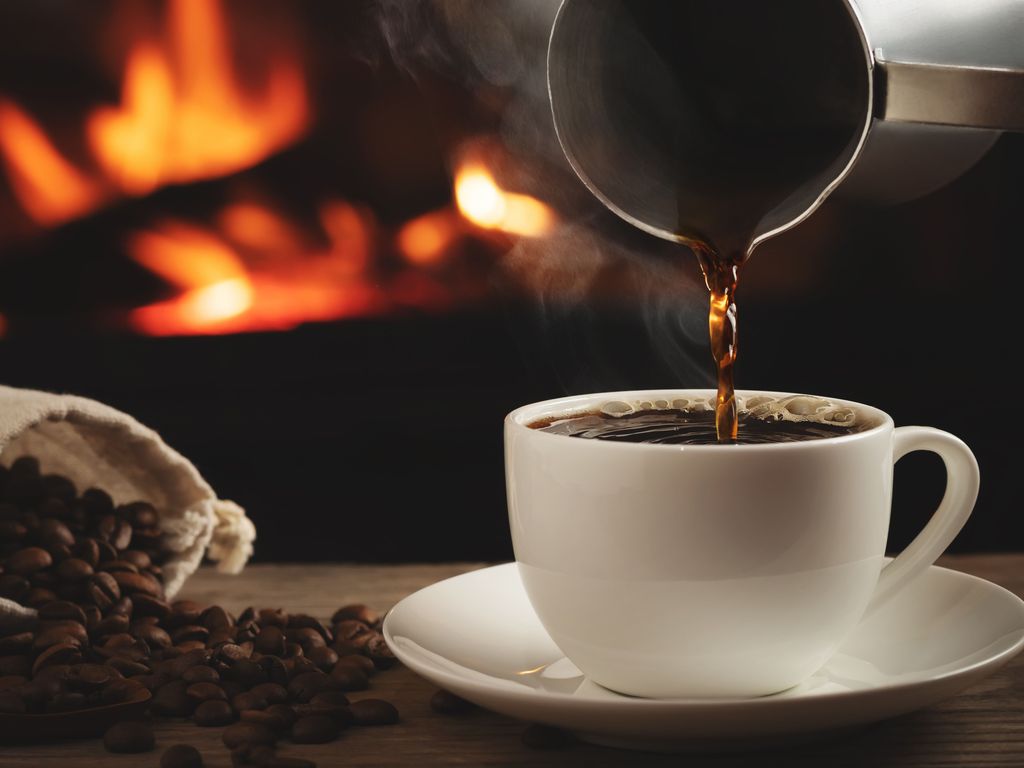
Beyond economic factors, the coffee market is also being profoundly shaped by generational shifts, particularly the increasing influence of Gen Z. Lyons Wyatt singled out Gen Z, referring to younger consumers as the “biggest” trend impacting the coffee market, a sentiment she conveyed in Beverage Industry’s September 2023 issue. This demographic’s distinct preferences and consumption patterns are compelling manufacturers to rethink traditional product offerings and engagement strategies.
Gen Z consumers, as Lyons Wyatt pointed out, “do not tend to consume as much traditional hot coffee as older cohorts and tend to gravitate more toward new experiences (cold brew) and also prefer flavor experiences to traditional unflavored coffee varieties.” This observation is crucial for brands aiming to capture a younger audience, as it signifies a departure from the conventional hot black coffee preference that has long dominated the market. This segment’s influence is causing manufacturers “to rethink how to drive engagement and innovate around flavor/attributes that appeal to younger consumers.”
Mintel’s report also highlighted Gen Z’s increasing spending power and suggested that “brands should tap into the generation’s love of indulgent iced coffees.” The report even offered strategic advice for adapting existing products, proposing that “Repositioning classic hot coffee products as suitable for iced coffee can help appeal to younger consumers.” While iced coffee holds sway, there’s also an opportunity to connect Gen Z with hot coffee through messaging focused on comfort, as “34% of Gen Z consumers perceive hot coffee to be comforting (versus 29% for iced coffee) in the United States.”
Another significant force shaping the coffee market, as identified by Lyons Wyatt, is “the impact of social media.” She noted that “Either influencers and/or social causes have spurred growth in segments with the coffee category,” demonstrating the powerful role of digital platforms in driving trends and shaping consumer choices. This highlights the importance of engaging with online communities and leveraging social narratives to connect with contemporary coffee drinkers.
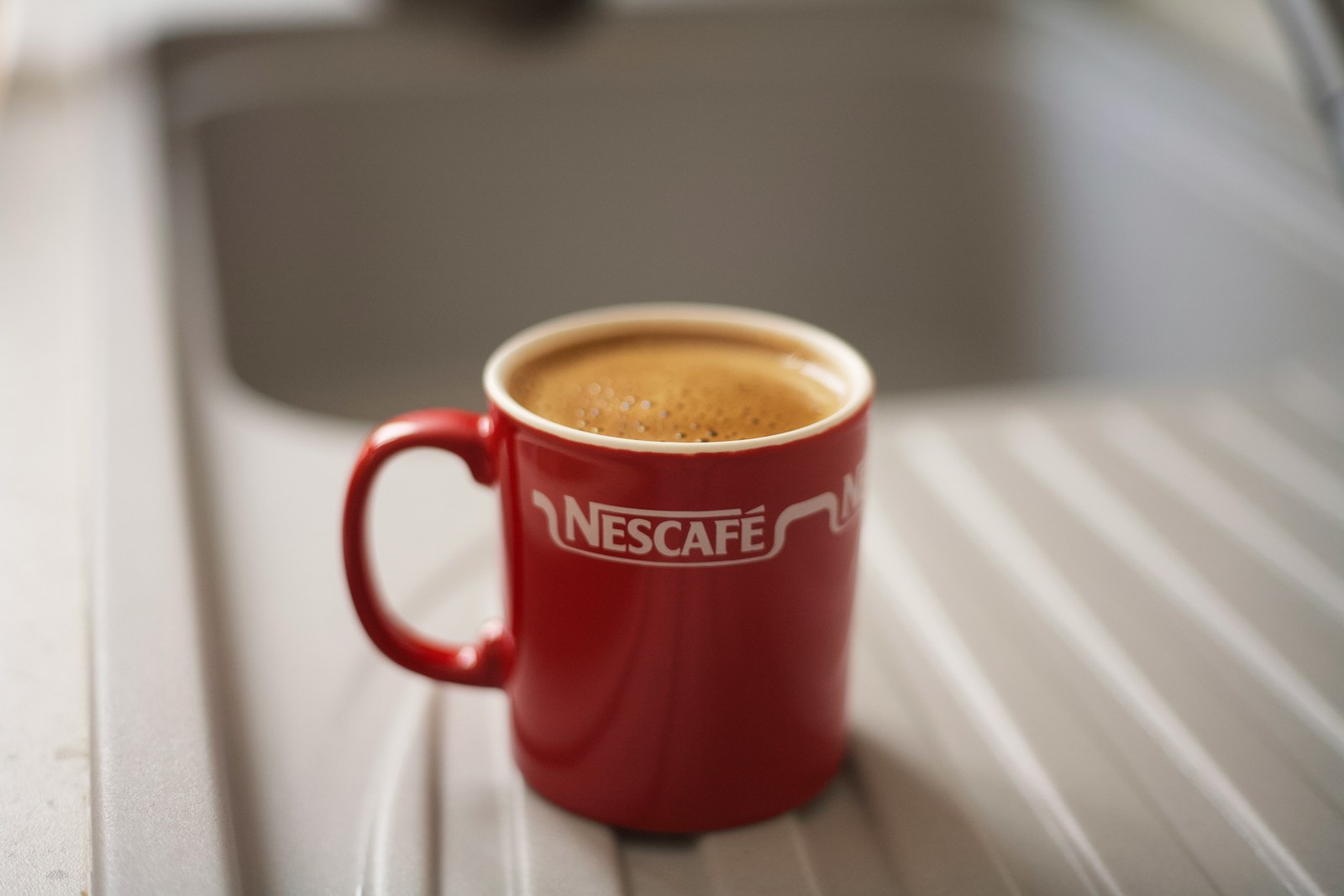
Sustainability is also emerging as an increasingly critical factor in consumer decision-making and brand strategy. Mintel’s report emphasizes that sustainability trends “will become increasingly important in the coffee market, suggesting that the future of the industry will be determined by how brands respond to these issues.” The report further advocates for initiatives that create mutual benefit, stating, “Sustainability initiatives that benefit both producers and end consumers will be beneficial.” This reflects a growing consumer consciousness about the ethical and environmental impact of their purchases.
In response to these diverse and sometimes conflicting consumer demands—ranging from value-seeking to premium desires, from traditional hot brews to indulgent cold coffees, and from economic considerations to ethical concerns—coffee brands are actively innovating. As many consumers adjust to rising prices by “cutting back on foodservice coffee expenditures and instead enjoying coffee at home,” the focus for brands has shifted towards enhancing the at-home experience. Innovation is centered around desirable attributes such as “sustainability, convenience and unique brewing processes.
Major brands are already demonstrating this adaptive capacity. NESCAFÉ, for instance, recently expanded its U.S. portfolio with the introduction of NESCAFÉ Gold Espresso and NESCAFÉ Ice Roast, a clear indication of how manufacturers are tailoring products to meet specific consumer preferences for both specialty coffee experiences and cold brew options in the home setting. These new offerings underscore a commitment to evolving product lines to capture new market segments.
Circana’s Lyons Wyatt also pointed to specific segments that are disproportionately driving growth within the broader coffee category. She noted in Beverage Industry’s September 2023 issue that “single cup, ready-to-drink (RTD) coffee and cold brew segments are driving growth for the category.” These segments are not just growing; they “are delivering growth disproportionate to their size and are gaining share,” signaling their increasing prominence and consumer appeal.
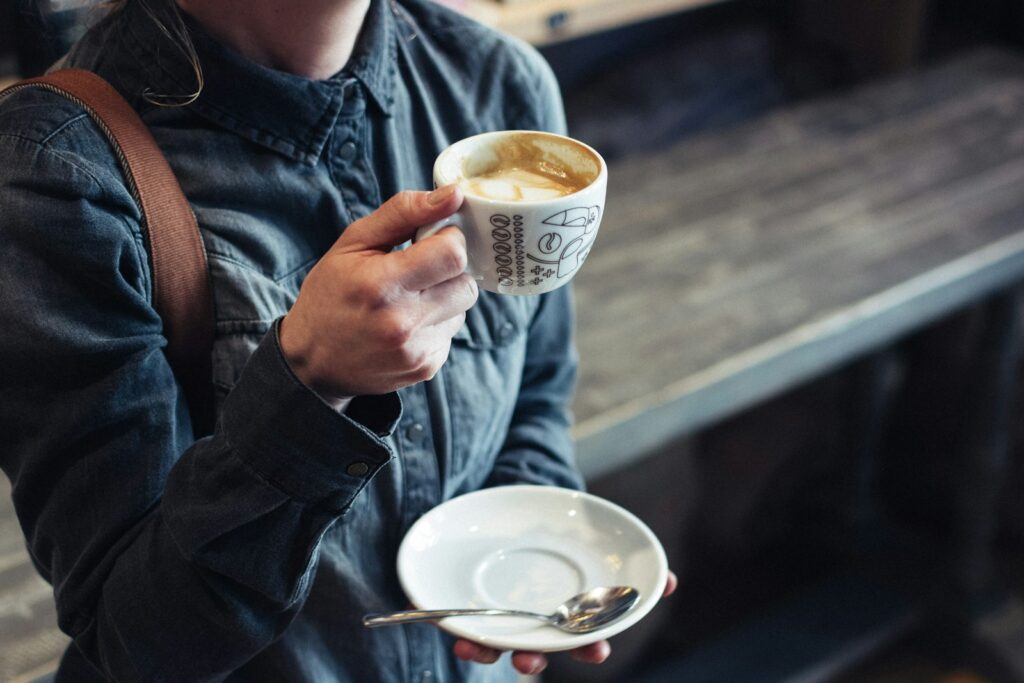
This growth in non-traditional segments is significantly “driven by younger households entering the category through non-traditional segments.” Lyons Wyatt explained that these offerings provide the “convenience, various types and tastes that consumers want today,” catering to a modern lifestyle that values ease of preparation and diverse flavor profiles. She observed, “We have seen some new products delivering within these segments do well,” affirming the success of this strategic pivot.
Looking ahead, Lyons Wyatt predicted that the coffee market will continue its growth trajectory, primarily fueled by “emerging categories” such as cold brew, flavored, and RTD coffee, as manufacturers work to refresh and reframe their offerings for incremental gains. The influence of “Social media will continue to be a factor in the future of the category,” she stated in Beverage Industry’s 2023 issue, underscoring its enduring power to shape trends. Lastly, she anticipates that “licensing and category extensions will continue to make an impact on the category and innovation,” suggesting a future where coffee integrates even more broadly into consumer lifestyles and other product categories.
In this vibrant and responsive market, coffee subscription services have emerged as a particularly compelling innovation, directly addressing many of these evolving consumer desires. By offering freshly roasted beans delivered regularly to one’s home, these services provide unparalleled convenience, access to premium and diverse coffee options, and a direct link to the passion and craft of local roasters. They embody the industry’s strategic response to the call for quality, variety, and personalized experiences, simplifying the exploration of an expanding array of high-quality coffee options for the at-home brewer. These services are not merely a transactional exchange; they represent a thoughtful curation, transforming the daily coffee ritual into an ongoing journey of discovery and enjoyment, aligning perfectly with the modern coffee enthusiast’s pursuit of both comfort and adventure in every cup.
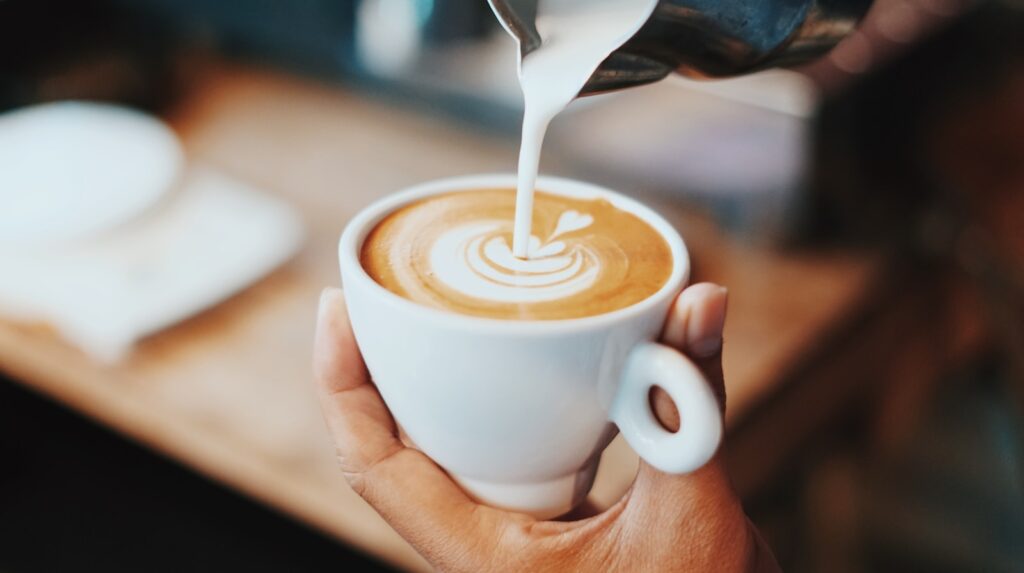
The American coffee market, as we’ve explored, is a dynamic arena of evolving tastes and economic realities, compelling brands to innovate continually. Amidst this complex landscape, a particularly compelling innovation has emerged: the curated coffee subscription service. These services directly address the modern consumer’s desire for unparalleled convenience, access to premium and diverse coffee options, and a direct, meaningful connection to the passion and craft of local roasters. They represent a significant paradigm shift, transforming the daily coffee ritual into an ongoing journey of discovery and enjoyment, aligning perfectly with the pursuit of both comfort and adventure in every cup.
At its core, the allure of coffee subscriptions lies in their ability to simplify and elevate the at-home brewing experience. Subscribers receive freshly roasted beans, often tailored to their specific preferences, delivered directly to their doorstep with remarkable regularity. This model eliminates the need for frequent trips to specialty shops, ensuring a continuous supply of high-quality coffee. Beyond mere delivery, these services excel in curation, offering a gateway to explore a vast and expanding array of premium coffee options from around the globe or from local roasters one might not otherwise encounter.
Personalization is a cornerstone of this appeal. Services leverage algorithms and detailed taste profiles to match subscribers with coffees that align with their preferences, continually refining selections based on feedback. MistoBox, identified as the best overall coffee subscription in recent tests, exemplifies this. Its algorithm surprised testers by selecting a local roaster they hadn’t experienced—a robust dark decaf from Sisters Coffee Company in Bend, Oregon. The ability to rate coffees and provide feedback means a “coffee curator” continually hones the tailoring of selections, enhancing the discovery process. Similarly, Trade Coffee offers a well-rounded plan for variety, asking simple questions about preferred roast level, taste, and even milk and sugar preferences to customize orders from its diverse selection of over 55 U.S.-based roasters.
For consumers prioritizing ultimate convenience, innovative formats have also emerged. Cometeer stands out by offering pre-brewed, flash-frozen pods that require only hot water to enjoy a freshly brewed taste at its peak. Featuring coffee from 14 top roasters, including Joe Coffee and Go Get Em Tiger, Cometeer pods can be stored in the freezer for up to three years, offering significant time savings without compromising quality. This approach speaks directly to the modern demand for ease of preparation, particularly appealing for iced coffee enthusiasts or those seeking a quick, high-quality brew.
**Key Features and Innovations in the Subscription Market**
The landscape of coffee subscription services is rich with features designed to cater to a diverse spectrum of coffee drinkers. Variety remains a significant draw, with subscriptions offering everything from single-origin coffees that showcase specific regional characteristics to expertly crafted blends that provide a consistent profile. Options span the full range of roast levels—light, medium, and dark—and extend to decaffeinated choices, ensuring that even caffeine-sensitive individuals can partake in the ritual. Trade Coffee and Bean Box, for instance, both offer excellent decaf options, acknowledging that the morning ritual is as important as the caffeine kick for many.
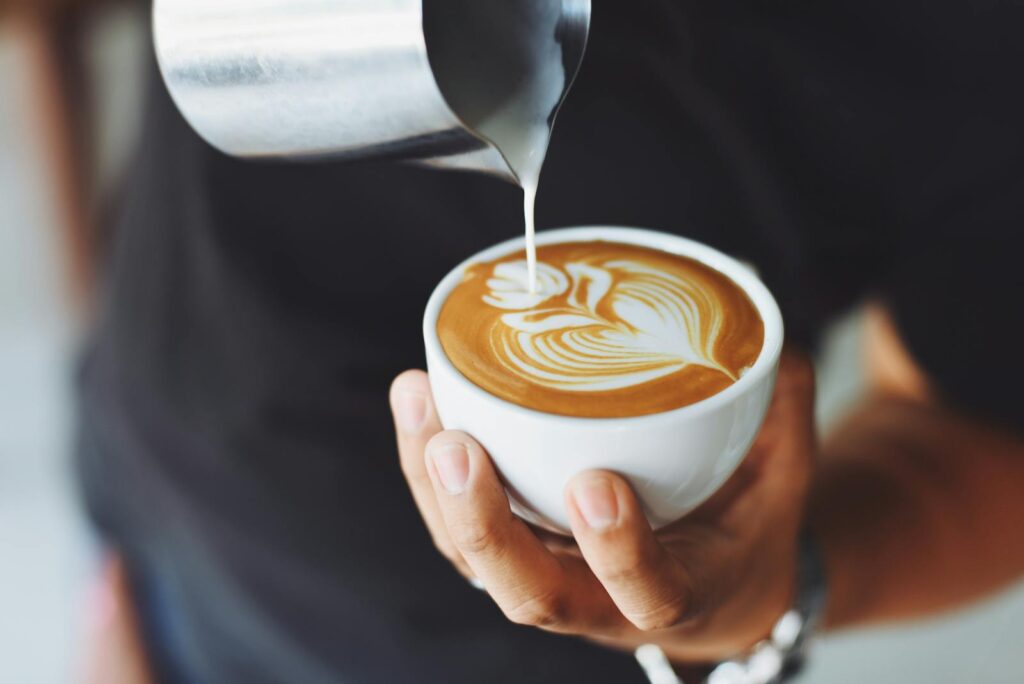
Technological integration plays a pivotal role in streamlining the subscription experience. User-friendly online platforms allow subscribers to easily manage their orders, adjust delivery frequencies, and swap upcoming selections. MistoBox enables subscribers to upgrade coffees from their recommended queue or explore new options on the site with straightforward customization. Atlas Coffee Club allows flexibility in delivery frequency and quantity, while Go Get Em Tiger offers an easy subscription model with seamless delivery. A notable innovation comes from Bottomless, which employs a proprietary scale connecting to Wi-Fi that automatically alerts the service when a subscriber is running low on coffee, ensuring timely replenishment and a no-waste model, albeit with a slight learning curve for predicting consumption habits.
Sustainability and ethical sourcing are increasingly vital considerations for conscientious consumers, a trend noted in Mintel’s “The Future of Coffee Market Report 2023” as crucial for the future of the coffee market. Coffee subscriptions are responding by championing brands committed to these values. Ampersand Coffee Roasters, for example, is highlighted for its dedication to fair trade practices and organic, bird-friendly coffees sourced from farms that avoid clear-cutting trees, exemplifying initiatives that benefit both producers and end consumers. Ever Meister, an education and marketing coffee professional, emphasizes the value of supporting roasters with “a couple of close, ethical relationships” over merely seeking diverse flavors, reinforcing the importance of a brand’s ethos.
Furthermore, these services often enhance the coffee experience with valuable educational resources. Many subscriptions include brew guides, providing clear instructions for achieving the perfect cup using various methods. Background information on producers, detailed origin stories, and tasting notes transform each delivery into a learning opportunity, deepening a subscriber’s appreciation for their coffee. Bean Box, designed for beginners, offers easy-to-follow recipes using everyday measurements and QR codes linking to more details and reviews. Driftaway Coffee’s Explorer Box, included in the first shipment, is designed for blind tasting to help recipients calibrate their taste preferences, even offering virtual coffee-tasting experiences and detailed brewing cards. Go Get Em Tiger includes information cards and trading-card brew guides, offering just enough detail without overwhelming the consumer.
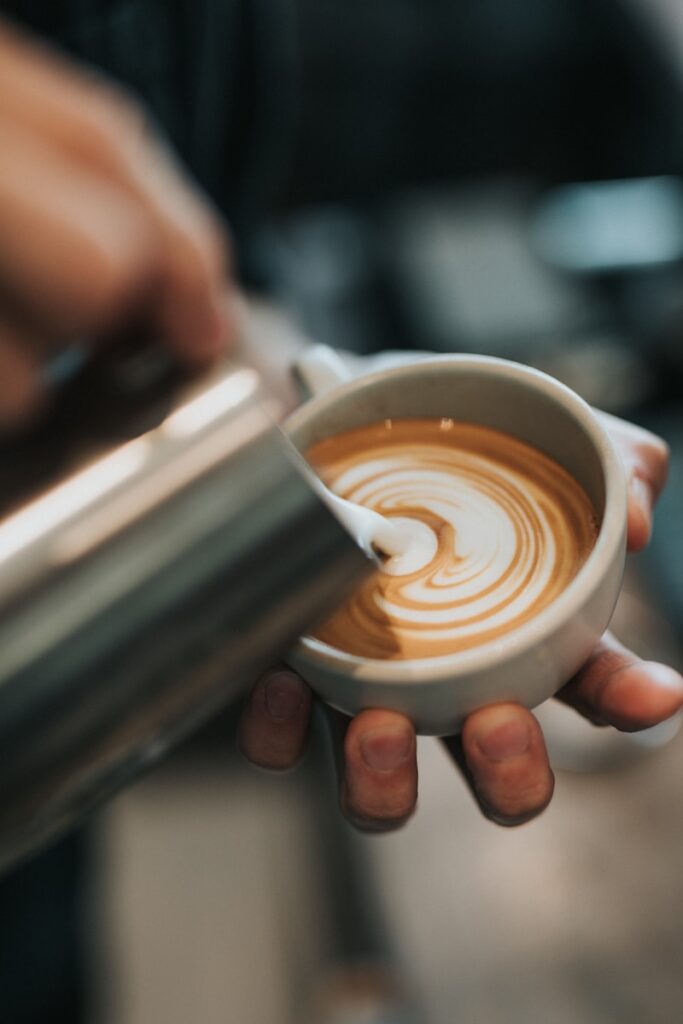
To truly understand the breadth and depth of the coffee subscription market, one must consider the diverse offerings that cater to specific needs and preferences, as evidenced by extensive testing.
MistoBox, crowned the best overall, provides an exceptional blend of variety, affordability, and user-friendly management. With access to over 60 roasters, it allows for exploring unique coffees globally or discovering local gems. Its personalized deliveries, driven by a “coffee curator,” make it ideal for budget-conscious and environmentally aware consumers, even offering decaf options. The only notable drawback cited was a $5 shipping fee associated with each order.
For sheer variety, Trade Coffee stands out, collaborating with over 55 U.S.-based specialty roasters. It caters to those who enjoy customizing their orders to try different coffees, including decaf, and ensures easy ordering and delivery. Christopher Hendon, a coffee expert, particularly valued Trade Coffee’s consideration of changing seasons, which prompts suggestions for suitable backups when certain beans go out of season.
Cometeer redefines convenience with its pre-brewed, flash-frozen pods. It’s perfect for achieving freshly brewed coffee taste fast, serving as a tasty alternative to Nespresso or Keurig, and offering a mix of decaf and regular coffee. Despite an impressive brew quality that was indistinguishable from freshly brewed coffee in blind tastings, testers noted slow customer service and delivery issues as a potential drawback.
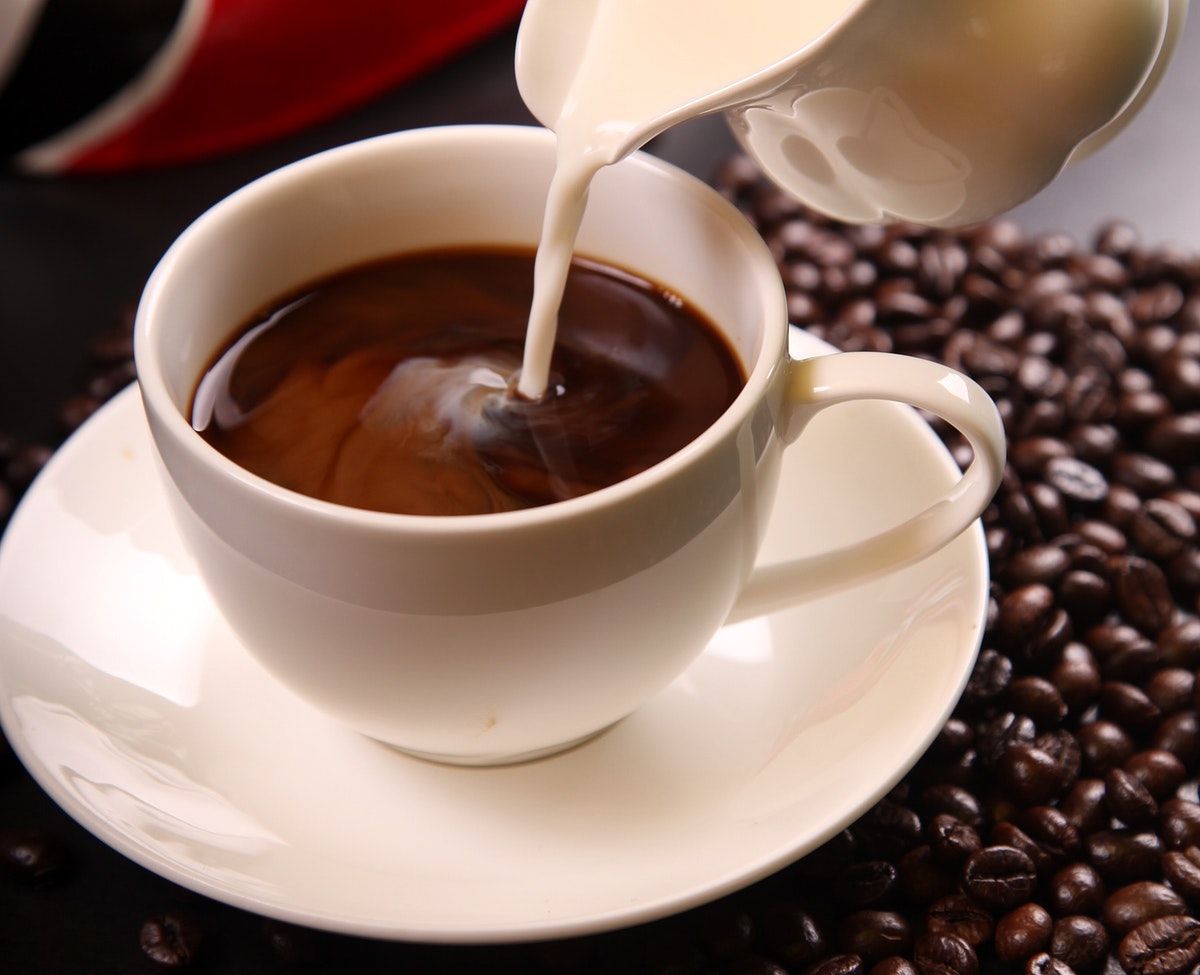
For enthusiasts eager to explore international coffee, Atlas Coffee Club offers a global journey. It prioritizes customization based on brewing methods (drip, espresso, AeroPress, French press, pour-over, or cold brew) and delivers beans from a wide variety of coffee-producing countries, such as Indonesia, Brazil, and Yemen. This service enhances the coffee-drinking experience by connecting it with cultural context, a concept supported by anthropologist Merry White. It also features loyalty perks and ensures freshly roasted to order coffee beans.
Bean Box is hailed as the best coffee subscription for beginners. Based in Seattle, it offers a no-frills sign-up process and delivers an easy way to expand coffee knowledge. Each delivery includes simple recipes using everyday tablespoons rather than a food scale and QR codes for additional details and hundreds of reviews, fostering a sense of shared experience and allowing reordering of favorites.
When it comes to gifting, Driftaway Coffee is a unique choice. Its Explorer Box, included in the first shipment, guides recipients through a blind tasting of four different roasts to calibrate their taste preferences. This service, which also offers virtual tasting experiences and detailed brewing cards, allows giftees to customize their prepaid subscription plans for six or 12 months, making it an ideal present for curious coffee drinkers.
For those who prefer a consistent experience from a single roaster, Go Get Em Tiger Coffee Club, a Los Angeles–based roaster, offers a simple ordering process with consistently delicious brews. Its bi-weekly rotating single-origin coffees from places like Colombia, Ethiopia, and Mexico, alongside a staple blend, provide sufficient variety within a reliable framework. The company’s commitment to delivering 12-ounce bags—larger than many competitors—and providing informative cards and trading-card brew guides further enhances its appeal.
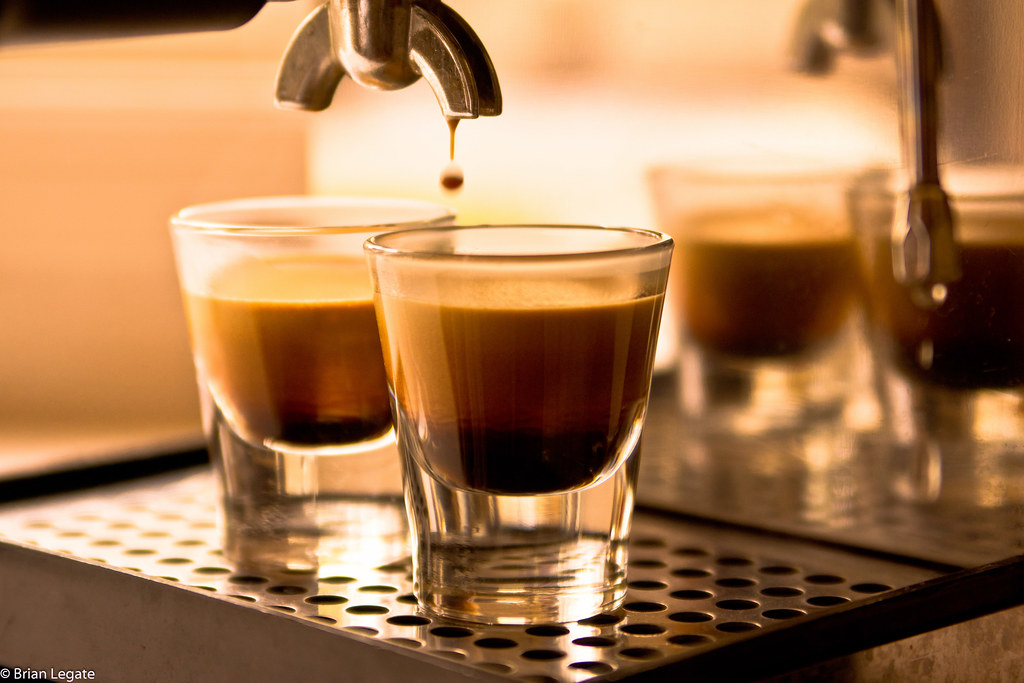
Big Shoulders Coffee, a woman-owned small business roasting out of Chicago, stands out for espresso lovers. Its monthly subscription includes options like the 1848 espresso, noted for its velvety blend of cacao nib, warm tobacco, vanilla, and pomegranate, and the Bold Slugger, perfect for lattes. This minimalist coffee subscription, with its once-a-month delivery schedule, ensures high-quality espresso without unnecessary frills.
Finally, for the sustainable organic coffee connoisseur, Ampersand Coffee Roasters is an excellent choice. Recognized as a bird-friendly coffee roaster by the Smithsonian’s National Zoo & Conservation Biology Institute, it offers 15 organic and 100% fair trade coffees from countries like the Congo, Honduras, and Nicaragua. While detailed farm information is not always included, the commitment to eco-friendly practices and ethical values makes it a compelling option for conscientious coffee drinkers.
Other notable considerations include Yes Plz, an honorable mention for a single-roaster subscription for light roasts, known for its reliable and sweet cups and entertaining narrative cards; Bottomless, with its innovative no-waste model using a Wi-Fi-connected scale; and Counter Culture Coffee, renowned for delivering a consistently exceptional cup, with its popular Big Trouble blend adjusting beans seasonally while maintaining a signature flavor profile. In contrast, Beanz, the latest multi-roaster subscription model developed by Breville, was found to be less recommendable due to a difficult web interface and limited options for the daily brew.
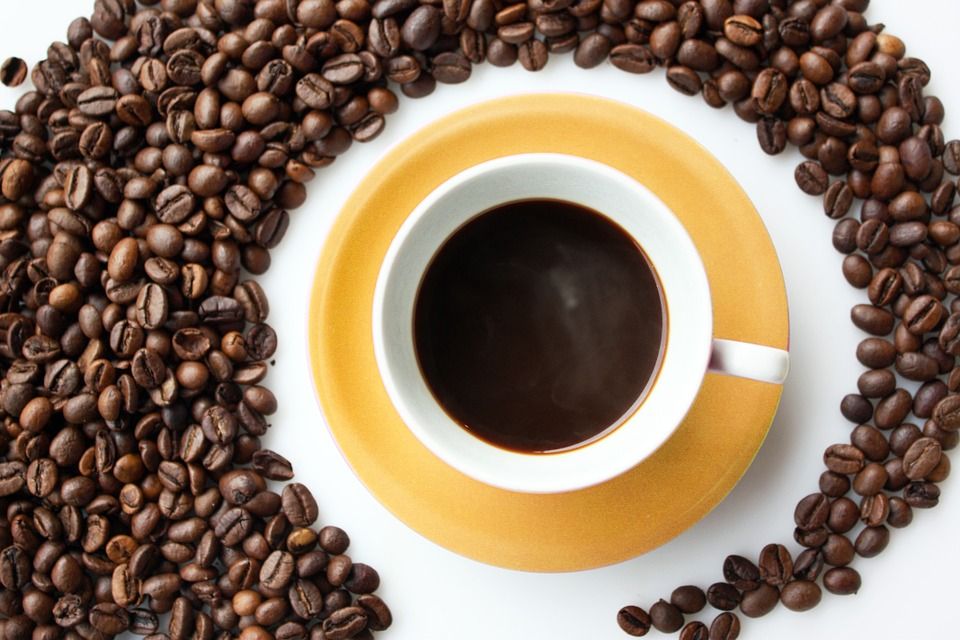
The confidence in recommending these services stems from a rigorous and comprehensive testing methodology. A team comprising a seasoned coffee professional, Jordan Crosthwaite, and a casual yet longtime coffee drinker put 14 different subscription services to the test over more than a month. The process meticulously documented the ordering experience for each, timed deliveries, and carefully inspected all packages for accuracy and any additional materials provided.
Crucially, all testing coffees were brewed using a variety of methods to assess taste comprehensively. This included standard coffee makers like the Ninja CM401 Specialty Coffee Maker or a Breville Precision Brewer Thermal, as well as traditional pour-over methods using a Chemex or Hario V60 with a Stagg kettle. All beans were ordered whole and freshly ground before brewing to ensure optimal flavor. The goal during tastings was to verify that the received coffee matched its expected profile while also conducting subjective sensory assessments to identify favorites. Each coffee was brewed at least twice to ensure consistent evaluation.
The evaluation criteria for these subscriptions were multi-faceted, reflecting the diverse priorities of modern coffee consumers. Variety was paramount, not just in origins and roast profiles but also in the availability of whole beans versus ground coffee and decaffeinated options. The delivery experience was scrutinized for timeliness, packaging quality (including recyclable mailers), and practical features like resealable bags with two-way vents. Informational extras, such as brew guides, background on producers, or origin explanations, were considered valuable additions. The online user experience was assessed for ease of navigation, ordering, modification, and cancellation. Customization options, including adjustable frequency, quantity, and the ability to pause or swap coffees, were vital for fitting diverse consumption habits. Finally, sustainability and ethos were heavily weighted, favoring brands engaged in socially equitable growing practices, environmentally sustainable farming, or waste-free manufacturing, echoing Ever Meister’s sentiment about supporting ethical relationships.
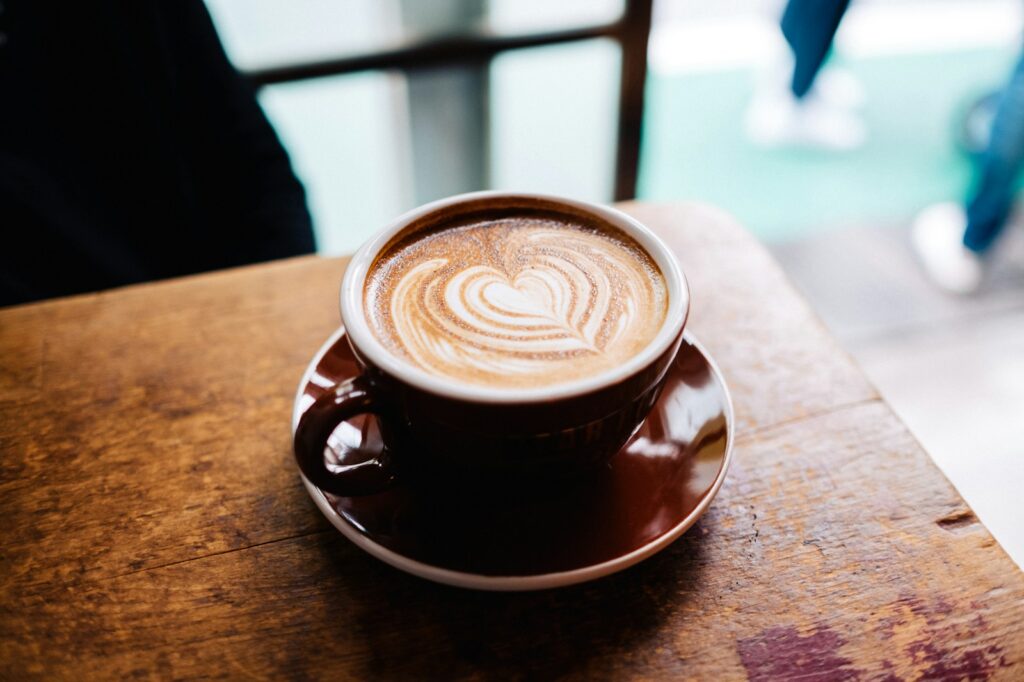
Choosing the ideal coffee subscription ultimately hinges on individual preferences and priorities. Understanding one’s drinking preferences is a key starting point. Christopher Hendon advises that if one prefers coffee with milk, a light, highly acidic roast such as the offerings from Yes Plz could cause the milk to split, suggesting a medium to dark roast is generally better suited. A good subscription service often provides guidance and resources on how best to brew each coffee to maximize its flavor profile given one’s preferred additions.
Understanding roast levels is also crucial, though Hendon notes there’s “no standardized scale” for light or dark roasts, making “a bit of trial and error and trust involved” in relying on the roaster. The origin and bean processing significantly influence the cup’s profile. Single-origin coffees are traceable to specific farms and roasted to highlight their unique characteristics, while blends combine complementary beans for a more classic and stable flavor. Julie Housh, education, research and development director for Caravela Coffee, shares her preference for “Kenyan, Ethiopian and Latin American coffees with acidity and vibrancy, and almost always a washed process,” explaining that washed coffee, where fruit is removed with water, yields a well-balanced yet acidic cup, contrasting with “natural” processed coffee, roasted with the fruits intact for a bolder flavor.
Beyond taste, consumers can make choices that reflect their values, such as looking out for small businesses. Ever Meister highlights that subscriptions offer an excellent way for consumers to find and consistently support “a coffee they love from a small or midsize roaster,” providing a valuable alternative to larger brands like big-box roasters or supermarket brands. Finally, practical bonus features can significantly enhance the subscription experience. The ability to pause deliveries for vacations or add extra bags for guests offers flexibility. As Cervone, a Brooklyn resident, notes, for online subscriptions to make “sense value-wise relative to buying at a store,” factors like free shipping (where some services charge extra) contribute significantly to a seamless and delightful experience.
The rise of curated coffee subscriptions marks a significant evolution in how consumers access and engage with high-quality coffee. By blending convenience with sophisticated personalization, ethical sourcing, and educational enrichment, these services are not merely delivering beans; they are cultivating a richer, more intentional coffee culture, one freshly roasted bag at a time. They exemplify the coffee industry’s dynamic response to a shifting market, proving that even in uncertain economic times, the pursuit of an exceptional at-home coffee experience remains a powerful driver of innovation and growth.



